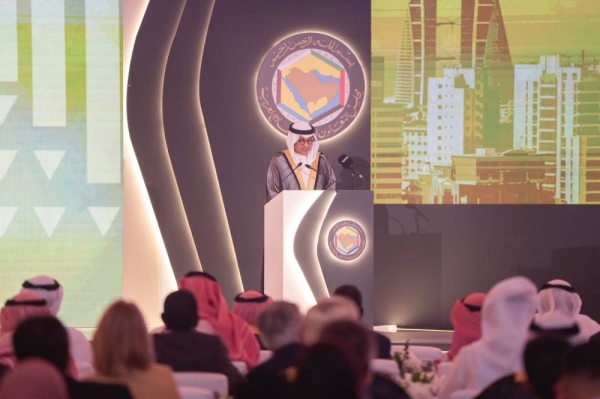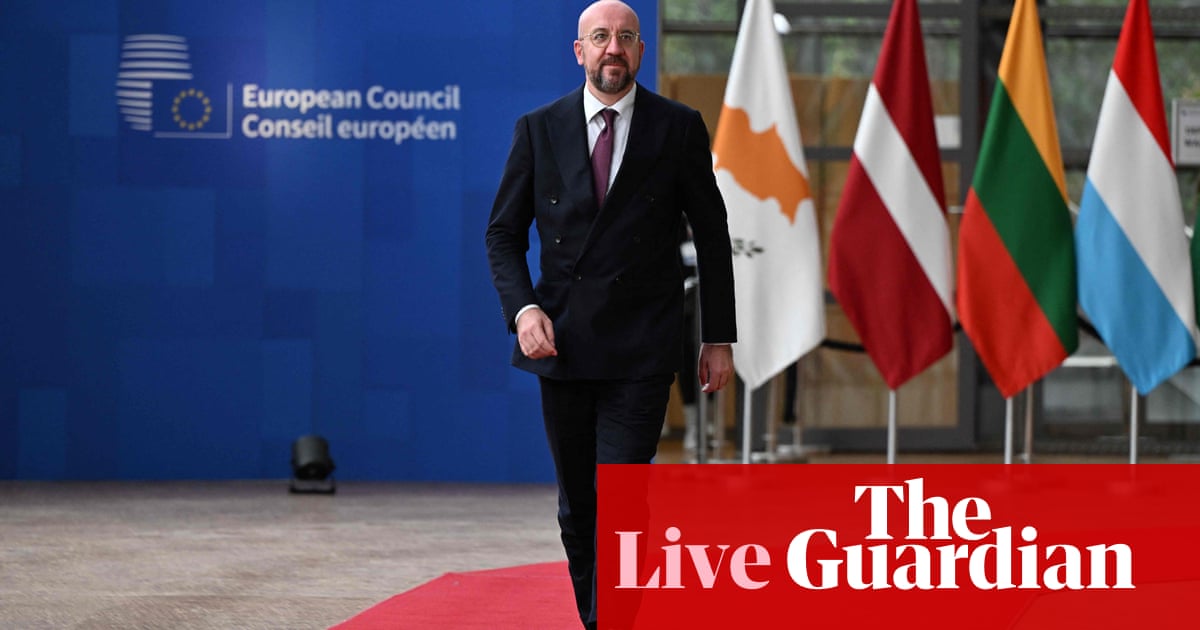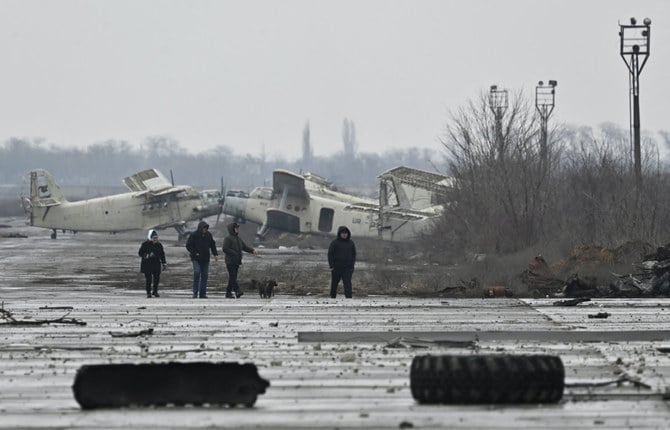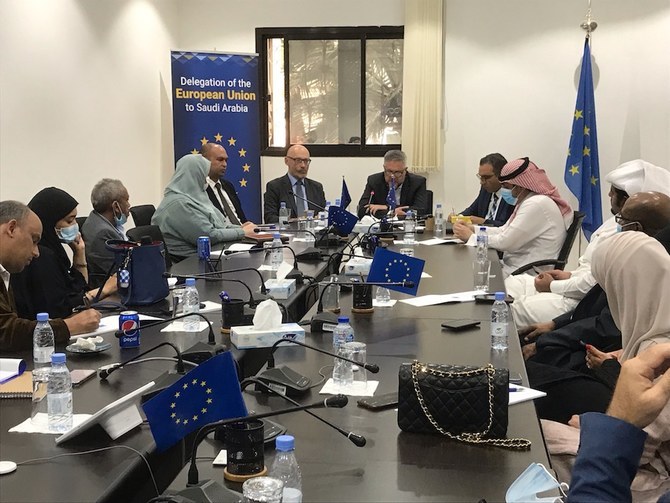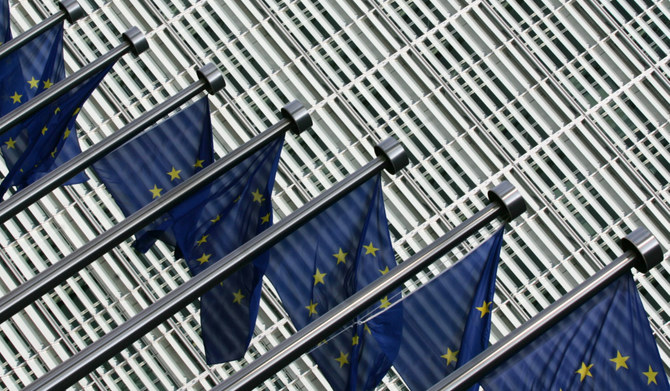
Europe Day will be marked this week. This is a day that symbolizes peace and unity across the continent, as well as the imperative to acknowledge the multifaceted challenges the people of Europe face.
While the EU has made remarkable strides in fostering collaboration and solidarity over many decades, recent surveys and real-world developments underscore critical areas where progress remains elusive. Among these challenges, three stand out: economic pressures, environmental sustainability and immigration policies. These issues not only demand attention but also necessitate collective action and innovative solutions to ensure a future where peace and unity thrive alongside prosperity and justice.
First and foremost, economic concerns loom large over Europe, casting a shadow over the bloc’s aspirations for stability and growth. The rising cost of living, escalating prices and inflationary pressures have become recurrent themes in the daily lives of millions. Some families grapple with stretched budgets, workers feel the squeeze of stagnant wages and small businesses strain under the weight of mounting expenses.
Of course, the roots of these economic challenges are complex and are intertwined with global market dynamics, geopolitical uncertainties such as the Russia-Ukraine war and domestic policy choices. However, what is evident is the urgent need for policies that prioritize growth, the equitable distribution of wealth and resilience in the face of economic turbulence.
Moreover, as Europe confronts the realities of climate change, environmental sustainability emerges as another paramount concern. The specter of environmental degradation looms large, fueled by carbon emissions, deforestation and pollution. As we have seen, from extreme weather events to biodiversity loss, the consequences of ecological neglect transcend national boundaries.
As Europe confronts the realities of climate change, environmental sustainability emerges as a paramount concern
Dr. Majid Rafizadeh
A report issued by the European Environment Agency last month sounded the alarm for Europe, emphasizing the pressing need for more robust action to address the risks posed by climate change. Its assessment underscored the imperative for immediate and decisive measures to confront the escalating threats to the environment and society. The report also served as a critical reminder of the challenges ahead, urging policymakers and stakeholders to prioritize sustainability, resilience and innovation in their responses to the climate crisis.
Recognizing the gravity of the situation, EU citizens have increasingly demanded decisive action from their leaders. The transition to a green economy, powered by renewable energy sources and guided by the principles of sustainability, holds the promise of not only mitigating climate change but also fostering innovation, job creation and social well-being. Yet, achieving these ambitious goals requires bold policy initiatives, continuous and increasing investments in green technologies and international cooperation on an unprecedented scale.
Last but not least, the issue of immigration remains divisive and contentious, testing the unity and solidarity of the European project. Against the backdrop of geopolitical upheavals, armed conflicts and humanitarian crises, the EU finds itself at a crossroads, torn between its humanitarian values and the pressures of managing migration flows. A March Euronews poll conducted by Ipsos revealed a sobering reality: a majority of Europeans harbor negative sentiments toward the EU’s handling of its migration policy.
It seems that this sentiment underscores deep-seated anxieties regarding cultural identity, social cohesion and economic security. While migration enriches Europe’s cultural tapestry and fills critical labor gaps, it also poses challenges in terms of integration, social cohesion and resource allocation. Striking a balance between pragmatism and compassion is essential as the EU navigates the complexities of migration governance, border management and refugee protection.
In confronting these challenges, the EU must continue drawing on the spirit of solidarity and cooperation that underpins its founding principles. The bloc, which was born from the ashes of war and strife, stands as a testament to the transformative power of unity in diversity. Now, as it grapples with the uncertainties of the 21st century, Brussels must reaffirm its commitment to collective action and shared prosperity.
The issue of immigration remains divisive and contentious, testing the unity and solidarity of the European project
Dr. Majid Rafizadeh
But this requires visionary leadership, bold policy choices and meaningful engagement with citizens, civil society and stakeholders across the board.
One crucial avenue for addressing these challenges lies in the upcoming elections to the European Parliament, slated to be held between June 6 and June 9. These elections represent a pivotal moment for Europeans, offering citizens the opportunity to shape the future direction of the EU. Voters can scrutinize the policies, priorities and platforms of candidates and subsequently hold them accountable for their commitments to addressing pressing issues such as economic inequality, environmental degradation and migration governance. Moreover, this serves as an important reminder of the importance of civic engagement in Europe.
Beyond the realm of electoral politics in the EU, meaningful change also requires grassroots mobilization, civic activism and cross-border solidarity. Civil society organizations, grassroots movements and youth initiatives play a vital role in driving social change, raising awareness and holding institutions to account. In other words, by harnessing the power of collective action, European citizens can amplify their voices, challenge entrenched interests and advocate for policies that prioritize the common good over narrow interests.
In a nutshell, as the EU celebrates peace and unity on Europe Day on Thursday, it must also confront the challenges that threaten to undermine its hard-won achievements. By fostering economic prosperity, safeguarding the environment and embracing diversity, the bloc can chart a course toward a future where peace, justice and solidarity prevail. This journey will undoubtedly be fraught with obstacles and setbacks but, as history has shown, the European spirit is resilient, adaptive and indomitable. Europe Day serves as a reminder of the shared values, aspirations and responsibilities that bind Europeans.
• Dr. Majid Rafizadeh is a Harvard-educated Iranian American political scientist. X: @Dr_Rafizadeh





